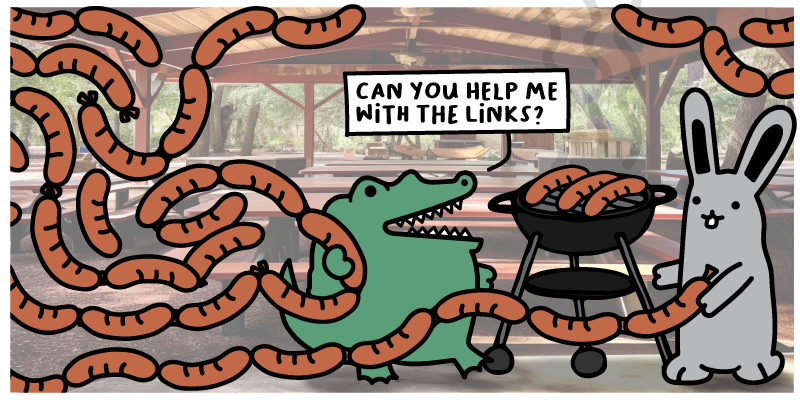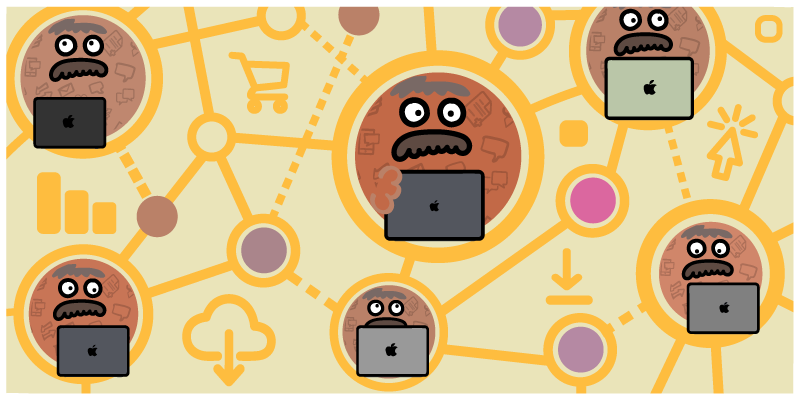In the HubSpot ecosystem, clean data isn't just about tidiness—it's the cornerstone of effective marketing, sales, and customer service. Poor data quality can derail personalization efforts, distort c...
A CRM's default data management tools make it difficult to keep your customer data in pristine condition. Without significant manual effort, data can become outdated, duplicated, unstandardized, and i...
You dive into your CRM, only to find a mess of industry entries: "Technology," "Tech," “Software,” "Information Technology," and a dozen more variations. While these all represent the same sector, the...
Your sales team is hustling to hit quarterly targets, but they keep running into the same frustrating roadblock. When they call a promising international lead, the phone number is in the wrong format ...
You dive into your CRM, only to find a mess of job titles: "VP of Sales," "Vice President of Sales," "Sales VP," and a dozen more variations. While these all represent the same role, their differing f...
In HubSpot, standardized address data is critical for reporting, segmentation, and regionally focused decision-making. Having a number of different variations of a country name, such as U.S., USA, Uni...
Inconsistent and non-standardized company names seem like insignificant issues. But they can wreak havoc on your HubSpot CRM data, leading to inaccurate reporting, ineffective segmentation, and overal...
The listed states of US-based contacts and companies in your CRM are critical for location-centric marketing campaigns, segmentation, and reporting. Each individual state has many potential variations...
Your sales pipeline keeps your company running like a well-oiled machine. But when a juicy deal slips through your fingers, it is jarring. The culprit? Often, it is missing associations between critic...
Mazes, puzzles, and jigsaws are fun games to play outside of work—but they shouldn't be words you use to describe your CRM data. Piecing together fragmented records and data isn't a productive way to ...
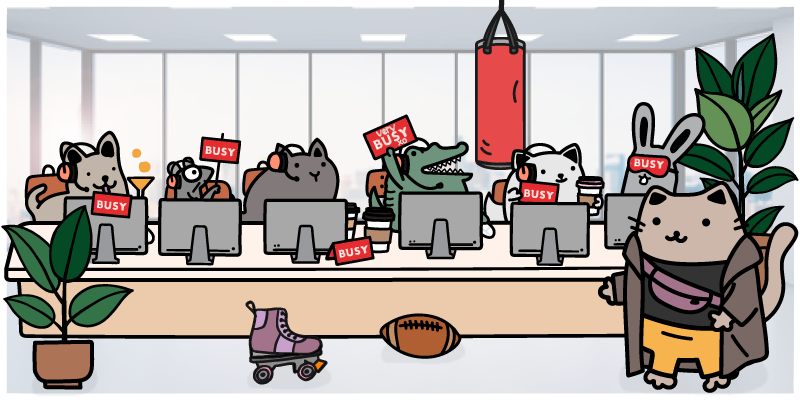
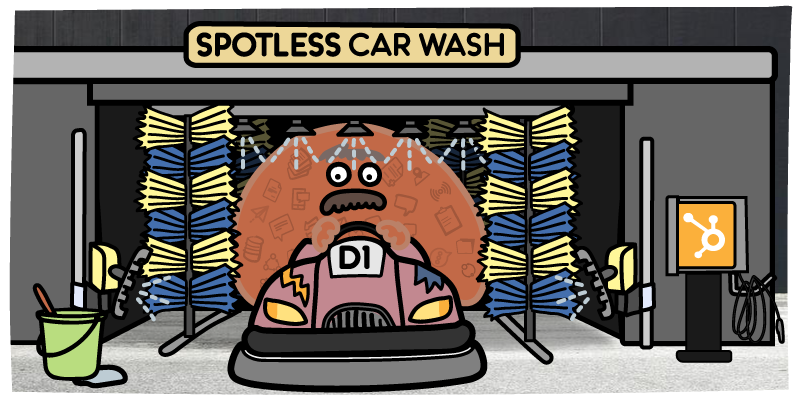

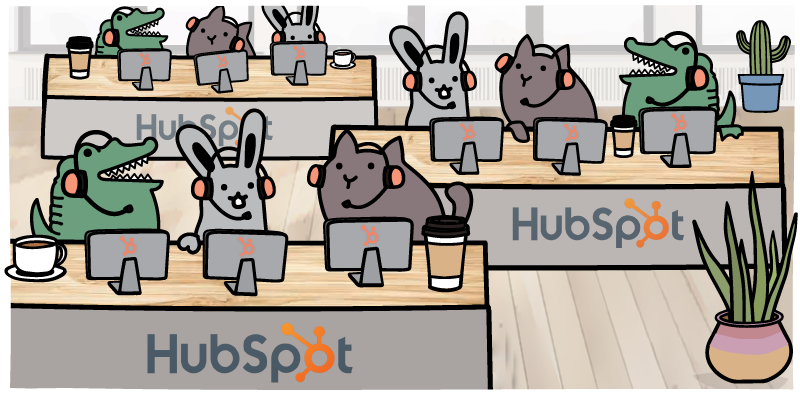
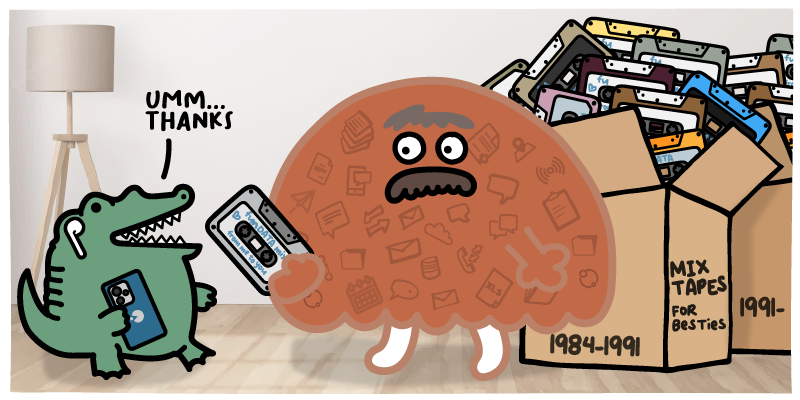
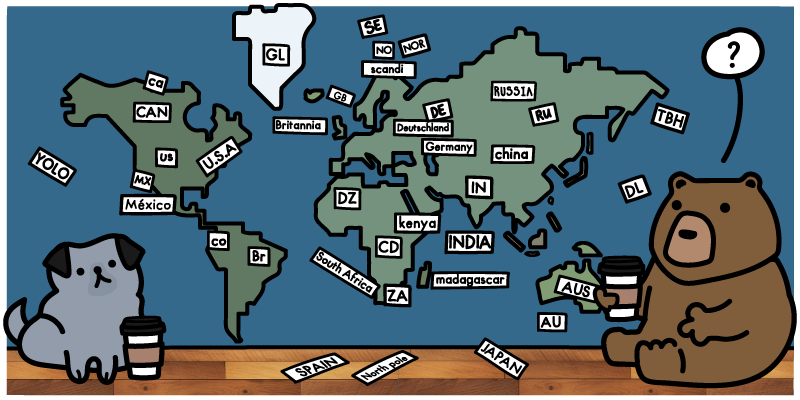

.png)
